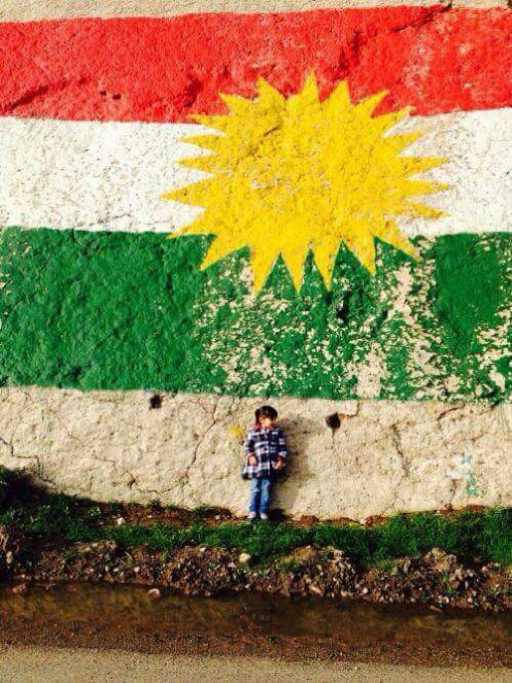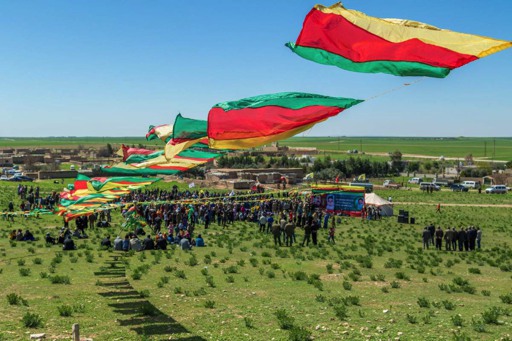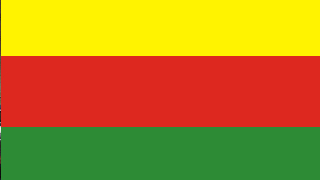Kurdistan
Welatê KurdistanKurdistan – literally the “The Land of the Kurds” – is the region in the Middle East that is considered the homeland of the Kurdish people.
After First World War, the Allies divided this region over current Turkey, Syria, Iraq, and Iran.
In each of these countries the Kurdish population was subsequently heavily discriminated against.
The four parts of Kurdistan had many – and tragic – historical developments, with bloody repression and serious human rights violations as the main theme.
In addition, there are also Kurdish populations living in Armenia and Azerbaijan. And finally, there is an extensive Kurdish diaspora of about 1.5 million people, about half of whom live in Germany.
With an estimated 35 to 45 million people, the Kurds are one of the larger stateless peoples in the world with no nation.
Because of the oppression, the Kurdish language was never standardized. Today, several varieties of Kurdish are spoken, including Kurmancî, Soranî, Pehlawî, Hewramiî, Goranî and Zazakiî.
Kurdistan is – like the rest of the Middle East – a patchwork of various ethnic-religious groups.
Many other peoples live among the Kurds, including Arabs, Armenians, Aramaeans (Assyrian Christians), Turkmen, Turks, Azeri and lesser-known populations such as the Shabak.
Most Kurds are Sunni Muslims, but there are also Shia and Alevi Kurds, besides Christians, Jews and supporters of lesser-known religions such as Yezidism and Yarsanism.
Virtually all Kurdish political movements consider respect for this ethnic-religious diversity to be of paramount importance.
The Kurds name the four parts of their homeland after the four cardinal points: Bakur (north), Rojhilat (east), Başȗr (south) and Rojava (west).
Click on these regions to learn more about their histories!
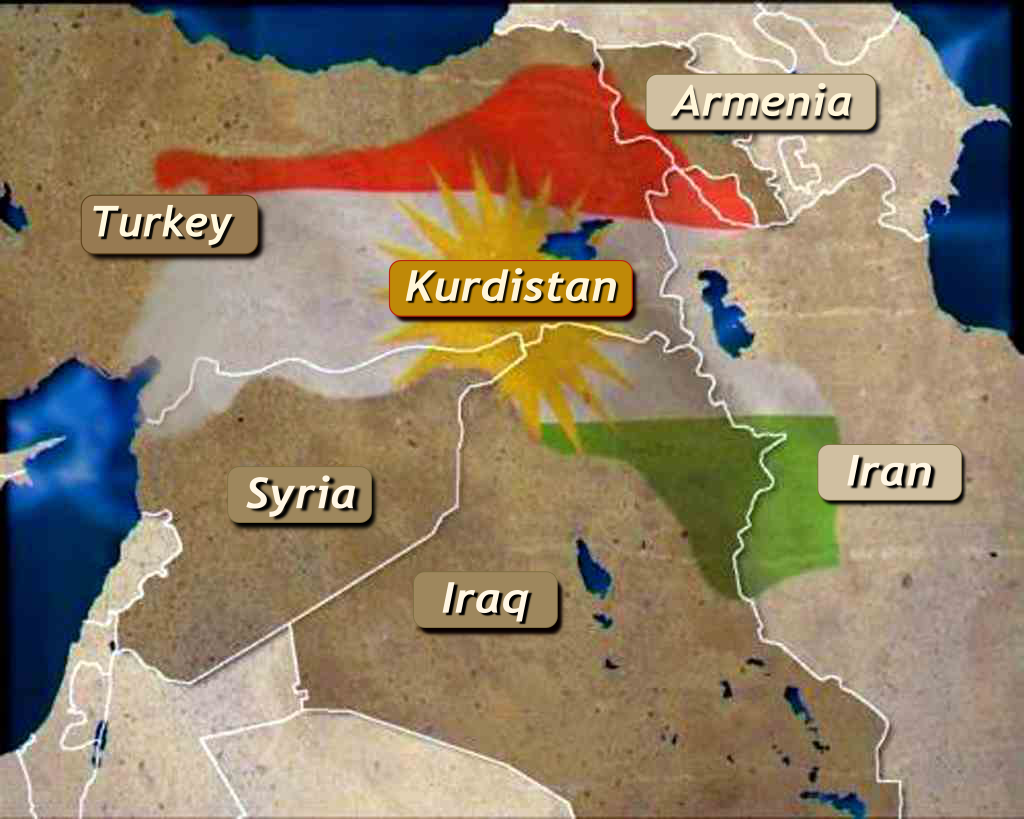
Bakur
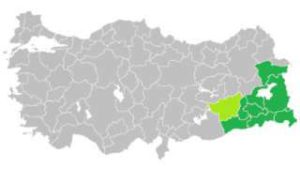
Armenia en Azerbaijan
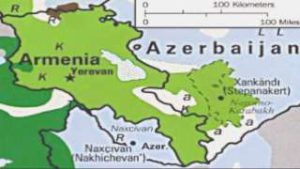
In addition to the four regions of Kurdistan, there are also smaller Kurdish population groups in Armenia and Azerbaijan.
Rojhelat
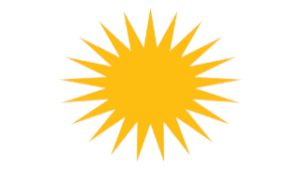
... Tekst voor Interactieve Kaart Rojhilat ...
In het noordwesten van Iran ligt Rojhilat (‘oosten’).
Başȗr
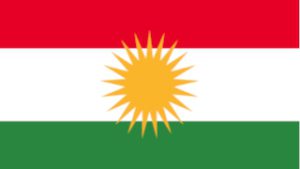
Rojava
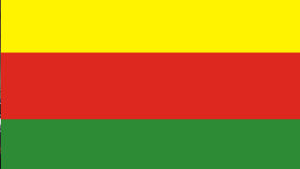
... Tekst voor Interactieve Kaart Rojava ...
In het noorden van Syrië ligt Rojava (‘westen’).
History
of a stateless nationFrom finds in Jarmo (Iraq), it can be concluded that the area was already inhabited in the 7th millennium BC The first signs of a Kurdistan go back to about 3000 BC. It only got its current ethnic structure through the Persian raids of about 800 BC.
Over time, the Kurds were integrated into and conquered by many surrounding cultures, countries and empires. The area was divided in the 16th century between the Ottoman Empire and the Safavid Empire (an Azerbaijani dynasty that ruled Persia).
In the Ottoman era, most of the Kurds lived near Amed and guarded the outer borders of the Ottoman Empire, where in some provinces they gained far-reaching autonomy.
However, in the mid-19th century the Kurdish areas in the Ottoman Empire were brought under control of the central authority in Istanbul until the fall of the Ottoman Empire at the end of the First World War.
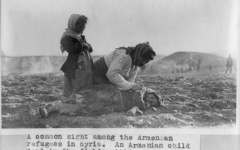
Armenian Genocide
The Armenian genocide is the name for the genocide committed on 1 to 1.5 million Armenians in the Ottoman Empire at the time of the Young Turks regime.
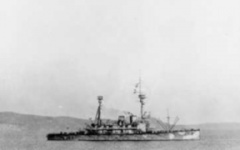
Fall of Ottoman Empire
The First World War overturned the Ottoman Empire in 1918 at the signing of the truce of Mudros on board the HMS Agamemnon in the port of Mudros on the Greek island of Limnos.
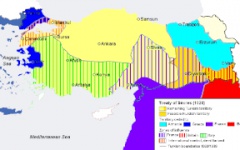
Treaty of Sèvres
The Sèvres Convention was a peace treaty signed on August 10, 1920 between the Allies and the defeated Ottoman Empire. This Convention provided (Article 64) an autonomous region for a Kurdish State.
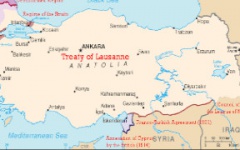
Treaty of Lausanne
The Peace of Lausanne is a peace treaty from 1923, ending the Greek-Turkish War of 1921-1922 and establishing the borders of Turkey. The treaty was concluded on July 24 at the Palais Rumine in Lausanne, Switzerland, after peace negotiations that had begun in November 1922.
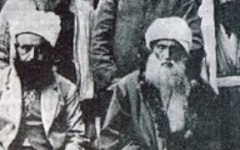
Sheikh Saïd Revolt
Under the leadership of Sheikh Saïd thousands of Kurds rebelled against the nationalist regime of Atatürk.
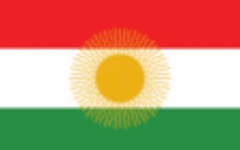
Republic of Ararat
The Republic of Ararat was a Kurdish republic that declared independence from Turkey during the Ararat revolt on 28 October 1927.
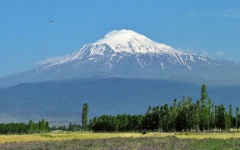
Zilan's bloodbath
The Zilan massacre refers to the massacre of thousands of Kurdish inhabitants in the Zilan Valley of Turkey on 12/13 July 1930, during Ararat's uprising.
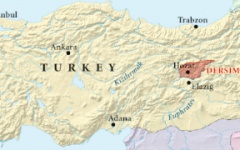
Dersim Revolt
Under the leadership of Seyid Riza, the Alevi Kurds in eastern Turkey (Dersim region) rebelled against the Turkish government.
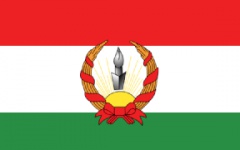
KDP - Mahabad Republic
The Mahadad Repuliek was for a short time (January 1946 to December 1946) an autonomous Kurdish governed state in the north of Iran. The Kurdish Democrat Party (KDP) was also established there.
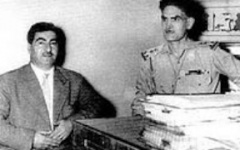
Kurdistan - Iraq War
The first war between Iraq and the Kurds (led by Mustafa Barzani), also known as the Aylul uprising lasted from 1961 to 1970.
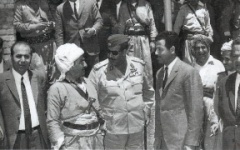
Iraqi Kurdish Peace Treaty
In March 1970, the Kurds and Iraq signed an Autonomy Peace Treaty to end the war. This treaty gave the Kurds access to the Iraqi political system with three governors and would be worked out over the next four years.
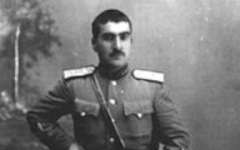
Second Iraq Kurdish Conflict
The KDP attacks the Iraqi troops in 1974 after the Iraqi government refuses to hand over control of the oil-rich Kirkuk territory to the Kurds.
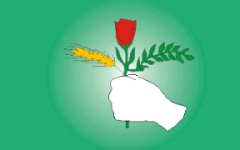
Establishment PUK
Establishment of the Patriotic Union of Kurdistan (PUK) in the Kurdish region of Iraq (Bashur), the PUK is a division of the KDP, the two sides starting a conflict under the leadership of Jalal Talabani (PUK) on the one hand and Mustafa Barzani - and later his son Massoud Barzani - (PDK) on the other hand.
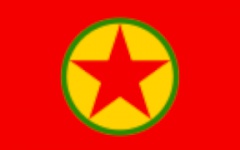
Establishment PKK
On November 27, 1978, the Kurdistan Workers' Party (PKK) was established in Fis (Diyarbakir Province in the east of Turkey) with the aim of ending Turkish 'colonization' in eastern Turkey and realizing an independent and united Kurdistan. Since its inception, Öcalan has been the leader of the PKK.
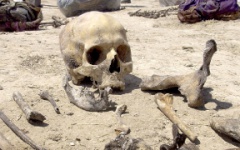
Al-Anfal Operation
During the late 1970s and 1980s, the Kurds rebelled in various places against the regimes of the states to which they are subdivided (Iran, Turkey and Iraq). Many Kurds lost their lives with the Al-Anfal operation in Iraq as the low point.
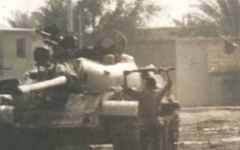
End of First Gulf War
After the first Gulf War, the Iraqi Kurds revolted against Sadam Hussein and with the help of a no-fly zone imposed by the UN obtained an autonomous Kurdish area with 3 million Kurds.
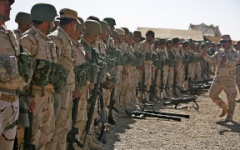
Operation Northern Iraq
Turkey launches "Operation Northern Iraq" in 1992 and attacks the PKK across borders to stop PKK attacks on Turkey from Iraq. The PUK and KDP help Turkey during this operation in the hope of improving their relationship with Turkey.
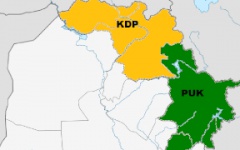
Kurdish Civil War
In 1994 a civil war broke out between the KDP, led by Masoud Barzani and PUK, led by Jalal Talabani for control of the Kurdish autonomous area in northern Iraq.

Öcalan emprisoned
Öcalan, the founder and leader of the PKK, is kidnapped by the Turkish secret service from the Greek embassy in Kenya and has since been imprisoned on the prison island of Imrali.
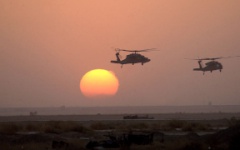
The invasion of Iraq
Op 20 Maart 2003 vallen de "Coalition of the Willing" onder leiding van de VS en het VK Irak aan. De Koerden voegen zich toe tot deze oorlog tegen Sadam Hoessein.
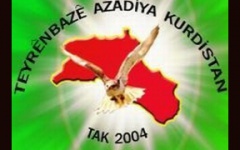
Establishment TAK
The Freedom Forces of Kurdistan (official name: Teyrebazen Azadiya Kurdistan, abbreviated as TAK) is a Kurdish nationalist militant group in Turkey.
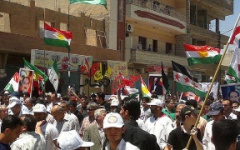
Qamishli riots
In March 2004 a spontaneous clash arises during a football match between Arab and Kurdish fans in the city of Qamishli in north-eastern Syria and leads to violent escalation.
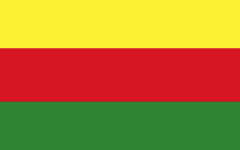
Self governed Rojava
During the Arab Spring of 2011, the people in Syria rebelled against their leader Assad which escalates into a bloody civil war in Syria.
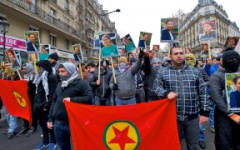
Triple Murder
On 9 January 2013, three female Kurdish activists are murdered and found the following day at the Kurdish Information Center in Paris.
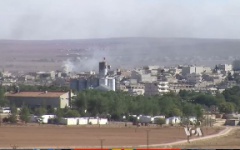
Kobanî
Kobanî, a city in northern Syria, more specifically in the Kurdish autonomous area of ??Rojava, has been in the hands of the YPG since 2012 but comes under fire from the ISIL fighters.
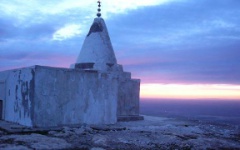
Shengal
During their second northern Iraq offensive, ISIL captured the city of Shengal of the Kurds in August 2014. They then slaughtered thousands of Yezidi men and took their wives as sex slaves.
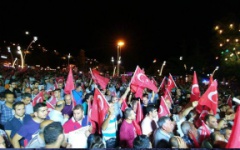
Failed coup Turkey
On July 15, 2016, a part of the Turkish army executes a coup that fails with hundreds of deaths and extreme repression and confinement as a result.
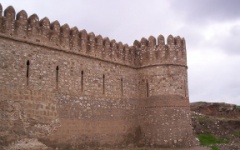
Kirkuk
Kirkuk is a fiercely contested city in the north of Iraq because of the startegic location and presence of oil. The city is inhabited by Kurds, Iraqi Turkmen, Arabs and Assyrians.
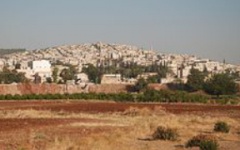
Afrin
Afrin is the name of a predominantly Kurdish district in north-western Syria, with a capital of the same name. Afrin became occupied in March 2018 by the Turkish army and jihadist militias supported by Turkey.
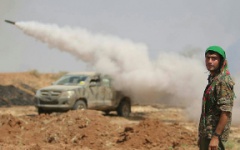
US withdrawal from Syria
On December 19, 2018, President Trump announced the complete withdrawal of US troops from Syria.

